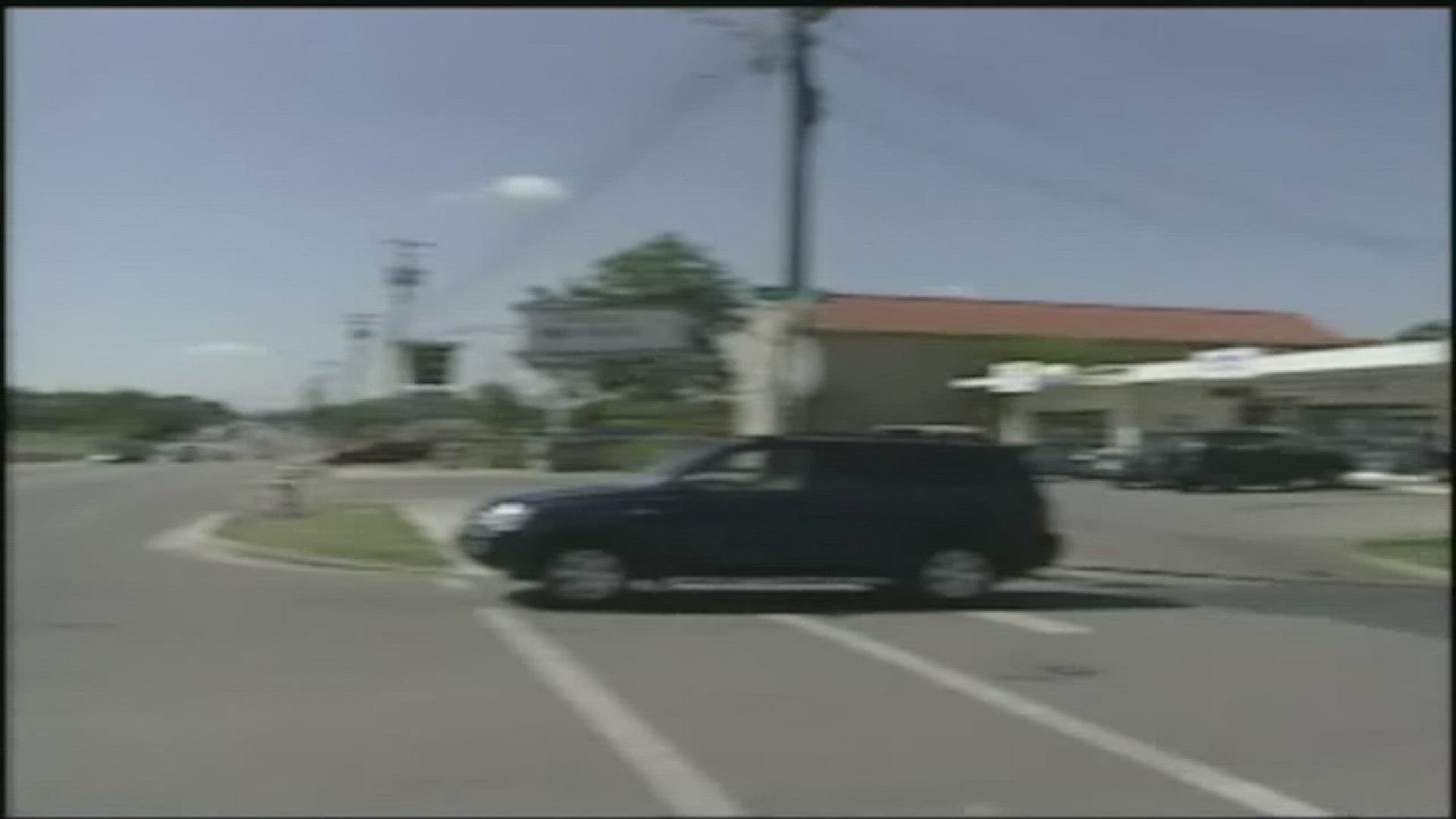AUSTIN, Texas — Raul Meza Jr.’s serious troubles with the law began in 1975 at a former U-Tote-Um convenience store in South Austin. During a robbery, then-15-year-old Meza shot the store clerk, Derly Ramirez.
“He knelt me down, took a few steps back and coldly took aim at my back and shot me,” Ramirez told KVUE in an interview in 2002.
The case marked the first time that Meza was freed early from prison, despite being given a lengthy prison sentence for committing the robbery and shooting Ramirez. Meza had been sentenced to 20 years in prison but got out after serving only four years.
While still on parole for those crimes – and within a year of his return to Austin – Meza assaulted and murdered 8-year-old Kendra Page in 1982, ambushing her as she rode her bicycle on an elementary school playground. Page's body was found in a nearby dumpster.
Despite the severity of that crime and the fact that he had nearly killed a store clerk in an earlier robbery, Meza received a 30-year sentence for Page's murder.
That’s because the Travis County District Attorney’s Office and Meza’s defense team struck a deal for 30 years in prison rather than a lengthier sentence.
At the time, Travis County prosecutors said they believed that there might not have been enough evidence against Meza to lead to a jury conviction. Rather than risking his going free, they said they settled on 30 years of lock up.
Former Travis County DA Ronnie Earle told KVUE in a 1982 interview following Meza’s sentencing that, “The evidence after the murder was quite thin and was such that a plea deal was the best disposition in this case.”
Mesa’s attorney in the Kendra Page case, Rip Collins, had a different reason for making a deal for his client.
“We could have been defending this boy [Meza] in a capital murder case, so that’s why we took the plea bargain agreement,” Collins told reporters in 1982.
Even though the 30-year sentence would have put Meza away for a long time, he was freed after serving just under 12 years. Meza had been sentenced under an old Texas law that required release when time served and “good time” credit equaled the original sentence. That loophole no longer exists in Texas.
But Meza was free for only a short while. He violated his curfew and was sent back to prison. After his release in 2002, he was confined to a sort of halfway house at the Del Valle Correctional Institute near Austin, where officials monitored his every move.
In 2016, Meza was no longer in custody, freed from Del Valle and from the watchful eye of law enforcement. It’s those years after he won that freedom that has investigators looking into the crimes Meza has committed since then.

